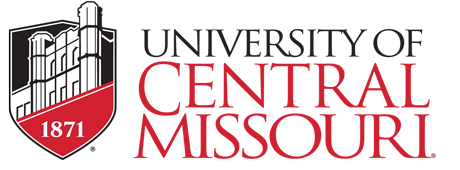Breadcrumb

Certified Nursing Assistant (CNA) - Home Health Aide Development Program
Prepare for a career in the high-demand healthcare field
The University of Central Missouri Certified Nursing Assistant (CNA) Home Health Aide Development certificate program prepares students to attain employment and succeed in the fast-growing healthcare field. Participants will be equipped to work in long-term care facilities and/or in homes assisting patients with medical needs. In addition, our program addresses soft skill valued by healthcare employers. The need for certified nursing assistants is steadily growing with the demand for CNAs projected at 3,179 over the next five years. Median pay for CNAs is $27,510, according to the U.S. Bureau of Labor Statistics. Through this program, students earn an industry-recognized certificate and continuing education units which may not be applied to a degree program and are not eligible for federal financial aid.
 |
$3,295 |
 |
Classes forming now. Let us know of your interest, and we will keep you informed of all course offerings. |
||
 |
280 hours |  |
18 years of age or older; high school diploma or GED; have not been convicted of any felonies or specified misdemeanors; negative TB test. |
Course includes important certificates including Missouri CNA and AHA Basic Life Support
Upon successful completion of this course, students will earn their Missouri CNA certification and American Heart Association Basic Life Support certification. CNAs are responsible for direct, hands-on care to residents of long-term care facilities. They help residents with daily living activities, including dressing, eating, bathing and dining. Home health aides provide similar care to elderly, convalescent or disabled persons in the individual’s home. There continues to be a long-term trend toward treating geriatric patients outside of institutions because it is more cost effective and allows the elderly to live more independent lives.
What you will learn
- Classroom training in a face-to-face learning environment
- Supervised clinical experience in a skilled nursing facility
- Basic Life Support (CPR/AED)
- General skills for employment success




